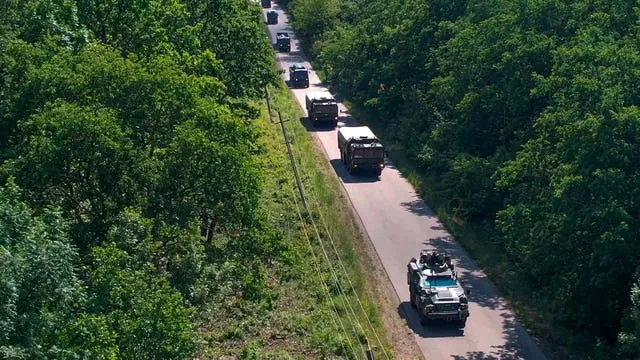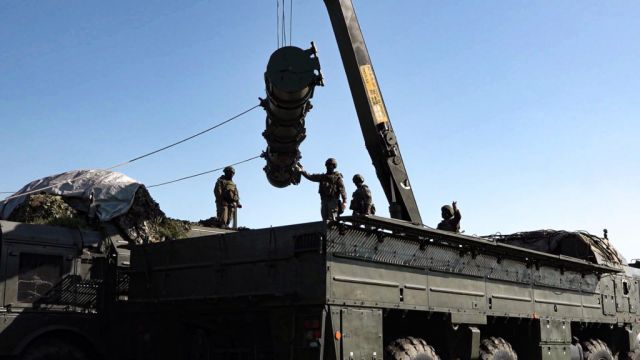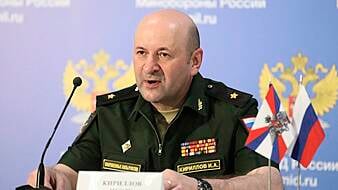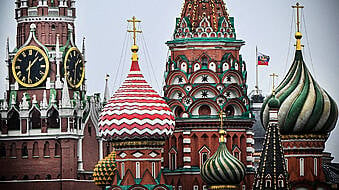Russia’s military has begun drills involving tactical nuclear weapons that were announced by Russian authorities earlier this month in an apparent warning to senior Western officials who had spoken about the possibility of deeper involvement in the war in Ukraine.
It is the first time Russia has publicly announced drills involving tactical nuclear weapons, although its strategic nuclear forces regularly hold exercises.
According to a statement by the Defence Ministry, released on Tuesday, the first stage of the new drills envisioned “practical training in the preparation and use of non-strategic nuclear weapons”, including nuclear-capable Kinzhal and Iskander missiles.

The manoeuvres are taking place in the southern military district, which consists of Russian regions in the south, including on the border with Ukraine; Crimea, illegally annexed from Ukraine in 2014; and four Ukrainian regions that Russia illegally annexed in 2022 and partially occupies.
The drills were announced on May 6tyh, with the Defence Ministry saying in a statement that they would come in response to “provocative statements and threats of certain Western officials regarding the Russian Federation”.
Tactical nuclear weapons include air bombs, warheads for short-range missiles and artillery munitions and are meant for use on a battlefield.
They are less powerful than the strategic weapons — massive warheads that arm intercontinental ballistic missiles and are intended to obliterate entire cities.
The announcement came after French president Emmanuel Macron reiterated that he doesn’t exclude sending troops to Ukraine, and the UK’s foreign secretary Lord David Cameron said Kyiv’s forces will be able to use British long-range weapons to strike targets inside Russia.
The Kremlin branded those comments as dangerous, heightening tension between Russia and Nato.
Kremlin spokesperson Dmitry Peskov said on May 6th that MR Macron’s statement and other remarks by British and US officials had prompted the nuclear drills, calling the remarks “a new round of escalation”.







